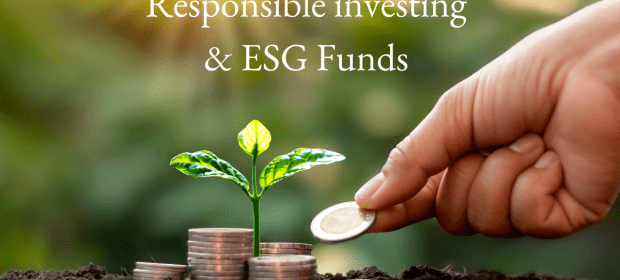Positive Ethical Screening
Over the last few months, I’ve noticed a large increase in enquiries relating to ethical investments. It’s brilliant to see so many people looking and willing to make a positive difference to the world, whilst also in many cases seeing an equally positive return on their investments. However, I often get questioned ‘What exactly makes an ethical fund ethical?’ and ‘What exactly do the companies that are defined as ethical funds do to make themselves ethical?’
Traditionally, ethical investing has focussed on omitting companies which operate in a non-ethical manner (for example, companies that produce arms or alcohol). However, it is just as important that when investing ethically we also consider the positives as opposed to solely filtering out on the negatives. There are many funds and companies out there who actively make amends to be more ethical, sustainable and make the world a better place, which doesn’t always get taken into account when negatively screening. In this article, I will go over positive screening criteria that I look for in an Ethical or Sustainable Fund. What exactly makes an ethical fund (or company), ethical?
Communication, Lobbying and Engagement
Funds that regularly communicate, lobby and engage with the companies in which their funds invest in. Although there is no guarantee that doing this will make a difference, communication is never a bad thing and there is potential for it to result in positive changes. For example, a fund could issue an ultimatum to a company if they do not act to reduce their carbon footprint. If the firm does not act, then the fund may well disinvest.
For example, Blackrock are pushing for more disclosure from companies. Specifically, they are asking companies to disclose how their business model will be compatible with a net-zero economy. By actively communicating and lobbying the companies which they include in their ethical funds, this will make companies take note and, hopefully, change for the better. If all investment management corporations followed suit, the chances of companies in general becoming more ethical and sustainable would increase.






